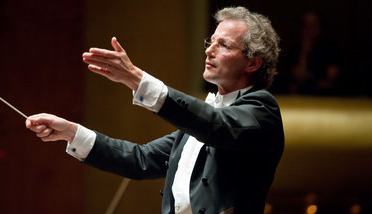Superconductor recalls the best opera performances of 2013.
by Paul J. Pelkonen
As the year is ending we are finally getting to our end-of-2013 wrapup. This was supposed be to be a Top Ten list but I think it's going to be a lucky thirteen--it was a pretty good year for opera!
Here are the best opera performances (and operas in concert) that I saw this year in chronological order. All links lead to the full reviews.
by Paul J. Pelkonen
 |
| A bird in a gilded cage: Christine Goerke in Die Frau ohne Schatten at the Met. Photo by Ken Howard © 2013 The Metropolitan Opera. |
Here are the best opera performances (and operas in concert) that I saw this year in chronological order. All links lead to the full reviews.











.jpg)









































